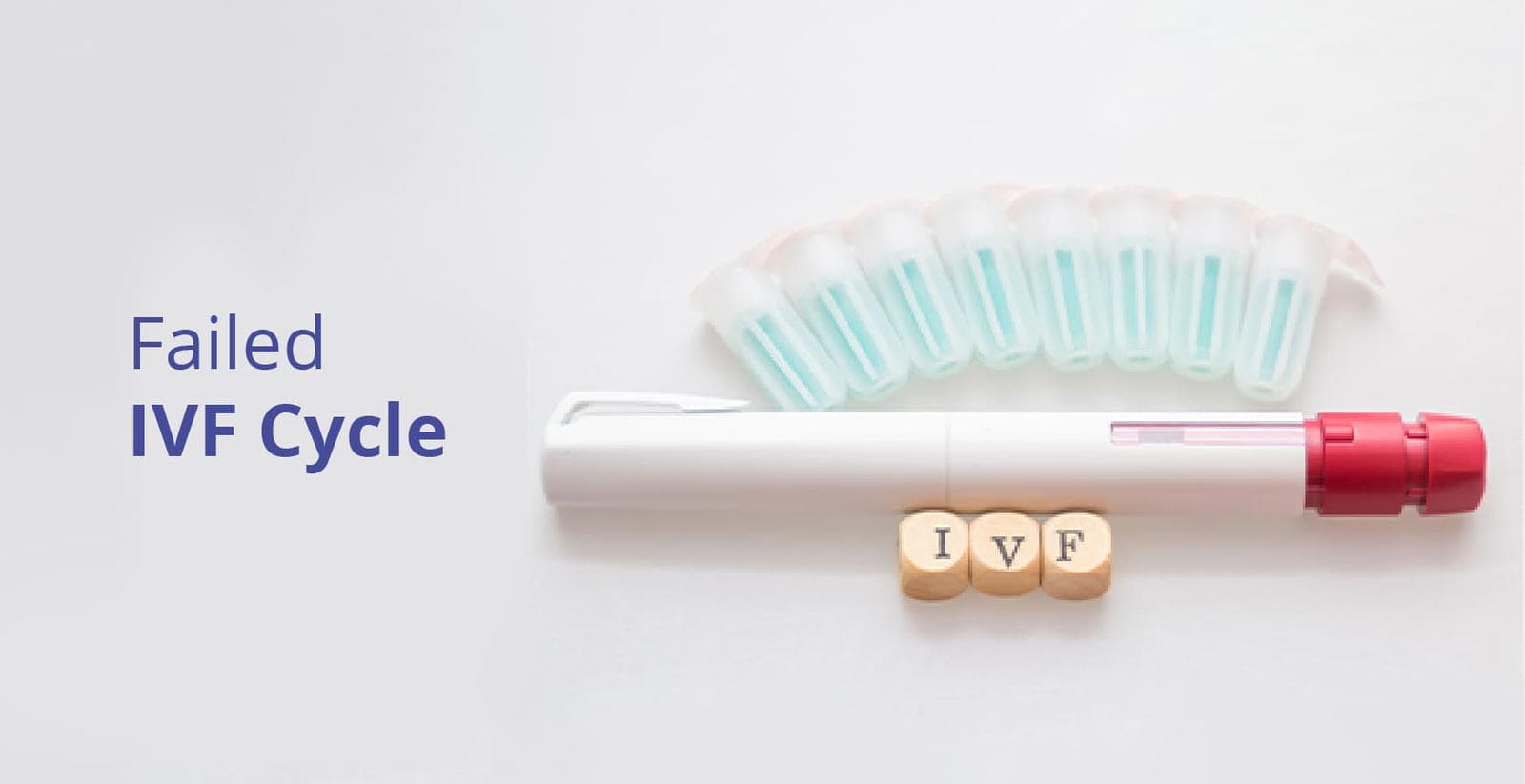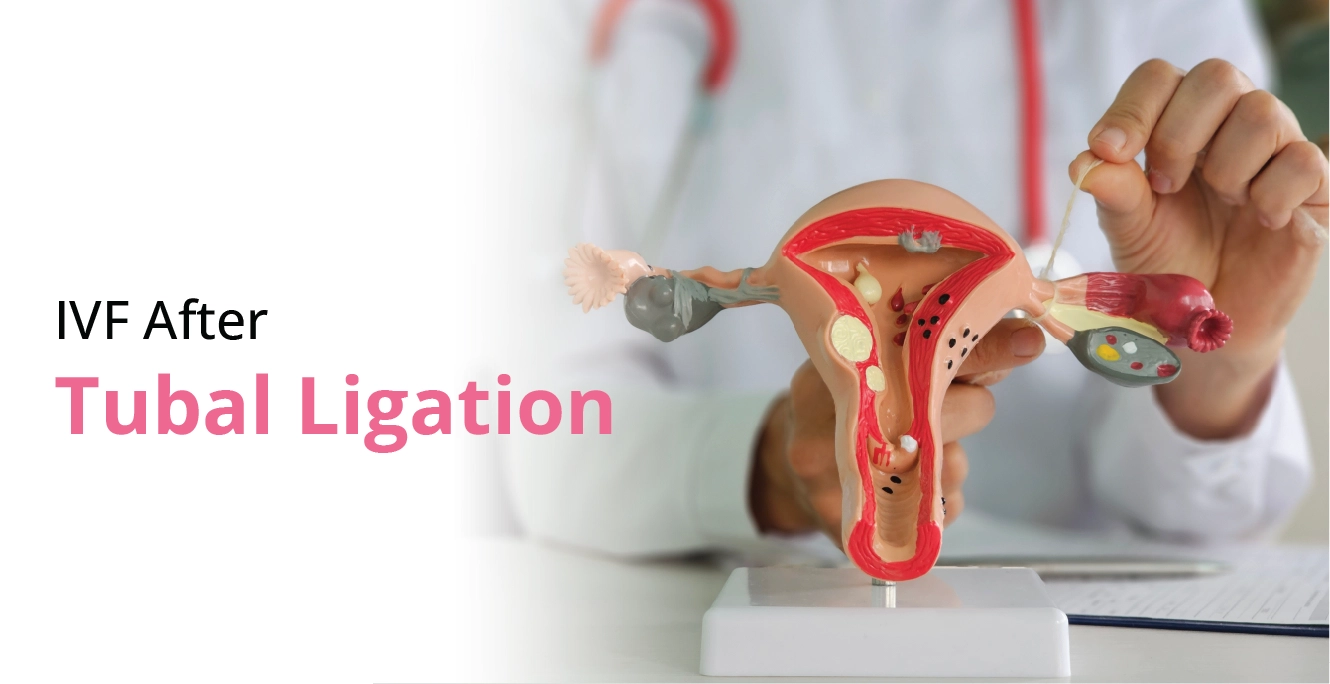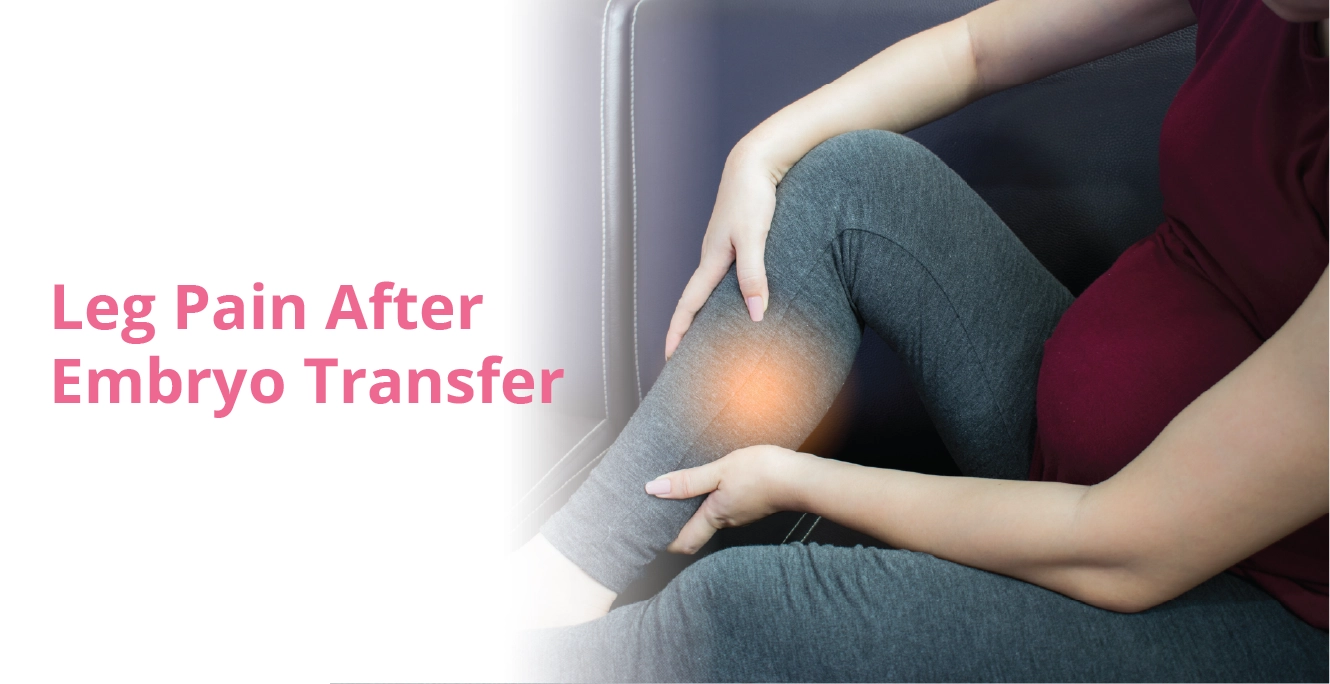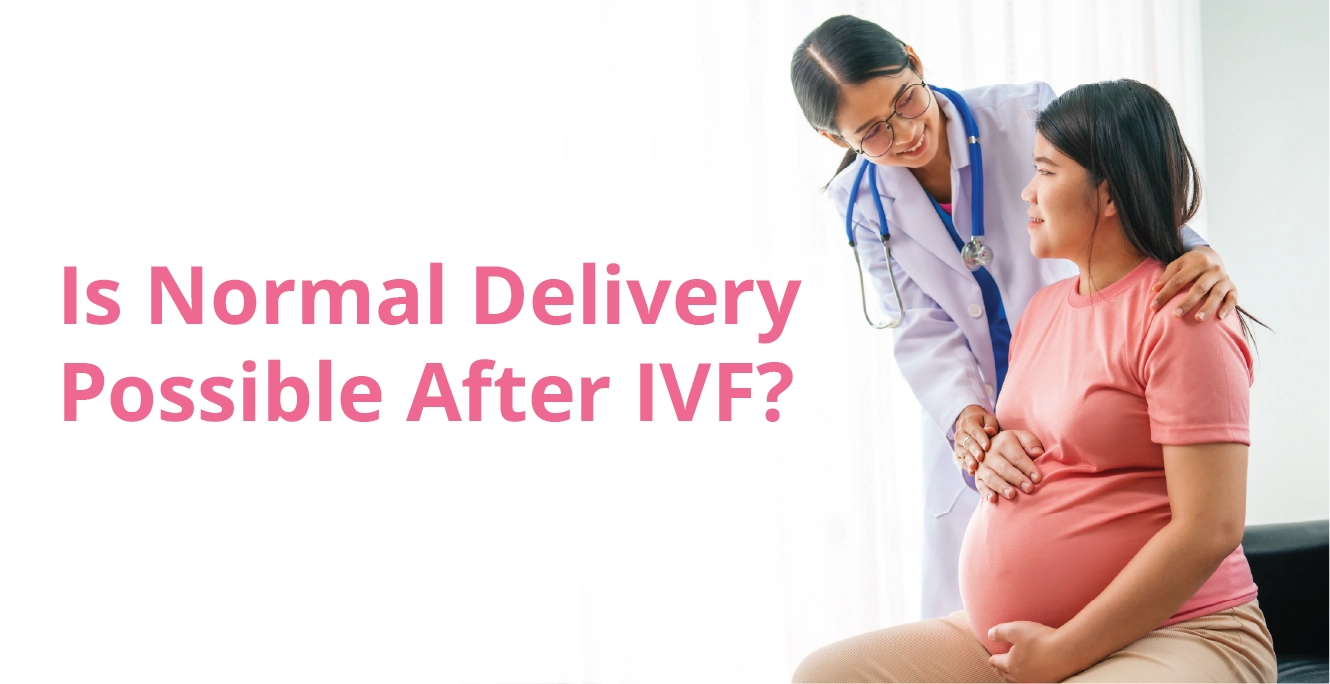
7 Major Reasons for IVF Failure – Why Does IVF Fail?

Table of Contents
Having a baby is a deeply cherished dream for many couples, but the journey to parenthood can sometimes be challenging. Infertility, caused by issues in either the male or female reproductive system, can make natural conception difficult. In such cases, IVF (In Vitro Fertilisation) offers hope, but not every cycle results in success. When IVF fails, many couples find it difficult to cope with the situation, but you should know that there is always a way out. Understanding the reasons behind IVF failure can help in making informed decisions for the next steps.
7 Key Reasons Behind IVF Failure
IVF can fail due to any known or unknown factors. However, the most common reason why IVF fails is IVF chromosomal abnormalities in the embryos. This indicates that chromosomal DNA is missing, excess, or irregular in the embryo. The embryo is then rejected by the body, resulting in IVF failure.
1. Quality and quantity of eggs
For successful embryo implantation, the quality and quantity of eggs should be good. These are critical factors in IVF success, and issues with either can lead to IVF failure. Poor egg quality, often due to age or underlying conditions, can result in failed fertilisation, poor embryo development, implantation failure, or miscarriage. A low ovarian reserve (fewer eggs) reduces the chances of retrieving viable eggs for fertilisation.
2. Age of the eggs
The right age of the eggs is more important than the woman’s age. As a woman gets older, her ovarian reserve begins to deteriorate, making it difficult to conceive. In addition, trying for a baby at the right time is essential because a woman, after a period of failed IVF, is heartbroken and starts to lose her self-confidence, which may affect her next attempt at the IVF cycle.
3. Sperm Abnormalities
Sperm factor is a key contributor to failed IVF, as poor sperm quality can lead to fertilization issues, poor embryo development, implantation failure, or early miscarriage. Abnormal sperm morphology, low motility, high DNA fragmentation, chromosomal abnormalities, and oxidative stress can all impact IVF success.
4. Failure in embryo implantation
An embryo failure might be caused by one of two factors.
- The first factor is that the embryo’s environment in the uterus wasn’t sufficient to maintain it, and endometrium or scar tissue might all be at fault.
- The second factor of embryo failure would be the detection of chromosomal defects in the embryo. Therefore, it is recommended for women over 35 to get examined for chromosomal defective eggs.
5. Impact of lifestyle
Smoking has a direct influence on the outcome of IVF procedures. Couples who are planning to conceive are always recommended by their doctors to stop smoking at least three months before trying for a baby. Smoking may increase the chances of miscarriage, genetic defects, and premature delivery of the baby. Women who are underweight or overweight may also have a risk of IVF failure.
6. Underlying Health Conditions
Underlying conditions like PCOS, endometriosis, uterine fibroids, adenomyosis, and autoimmune disorders can contribute to IVF failure by affecting egg quality, implantation, or embryo development. Thyroid disorders and diabetes can disrupt hormonal balance, while hydrosalpinx (blocked fallopian tubes with fluid) and chronic endometritis can create an inhospitable uterine environment.
7. Chromosomal issues
Chromosomal abnormalities can cause miscarriages and unsuccessful IVF cycles. Chromosomal abnormalities in women begin to increase in their 30s, and there are chromosomal errors in sperm as well, although they occur at a far slower rate than in women’s eggs. Following a series of failed IVF treatments, your fertility specialist may suggest genetic testing for the next IVF cycle, as it aids in determining the correct quantity of chromosomes.
Reasons for repeated IVF failures
Uterine abnormalities: This is one of the most common reasons that can result in a failed IVF cycle. Endometriosis, adenomyosis, uterine fibroids, uterine adhesions, septum uterus, and endometrial polyps are all common causes of recurrent IVF failures.
IVF Failure Symptoms
The majority of women who experience IVF failure have no symptoms, but some women may experience the following symptoms:-
- Pain during sexual intercourse
- Pelvic discomfort
- Menstrual cramps
- Obstruction of the bowels
- History of ectopic pregnancy
What to do After IVF Failure?
After an IVF failure, certain to-do things should be done as a couple to help deal with the situation.
Preimplantation Genetic Testing
Preimplantation genetic screening (PGS) is important as it helps to diagnose if there are any abnormalities or defects in the bay that may have resulted in IVF failure. This test is generally recommended when the couple might have suffered multiple miscarriages or suffered an ectopic pregnancy.
Seek Emotional Support
No couple wants to go through IVF, and having a failed IVF seems like an excessive weight that has been dropped on their shoulders. Couples who have suffered from a failed IVF should visit and consult with a therapist to talk their hearts out, explain what they are feeling, and seek motivation and support.
Give Yourself the Space You Deserve
We know it is difficult to cope with failed IVF, but you cannot give up no matter what. So, before planning to go for another attempt, take a break. Give yourself the time and space you definitely need to heal. Stressing over failed IVF will not help; in fact, it will disturb your hormone levels more.
Lifestyle Modifications:
- Eat Healthy: In the two months before your next IVF cycle, ensure that you have a balanced diet. Get more vitamins and minerals in your diet. Cut down on caffeine and sugar.
- Regular Exercise: A healthy mind lives in a healthy body. Keep your body fit with moderate amounts of exercise. Avoiding a sedentary lifestyle improves blood flow and keeps you more positive and confident.
- Reduce Stress: Stress during infertility treatment is common amongst most couples. Lower stress levels increase the chances of conception.
- Keep a Check on Diabetes and Hypothyroidism: Be proactive and maintain your blood glucose and thyroid levels. If these levels are stable, failure due to hormonal imbalance can be avoided.
Conclusion
An unsuccessful IVF cycle isn’t the end of the journey. Couples who encounter multiple IVF failures may find it emotionally taxing. However, the journey can be restarted with renewed hope and a higher likelihood of success by figuring out the underlying causes and putting preventive measures in place. Innovative approaches and continuous research hold great potential for the advancement of reproductive medicine, guaranteeing couples receive optimal treatment and support throughout their journey towards parenthood. If you have experienced IVF failure and are trying for a healthy pregnancy, consult our fertility expert today.
FAQ
What happens to embryos after a failed IVF?
If the embryo does not implant, it leads to IVF failure, and the embryo stops growing and the cells die and start to reabsorb.
When do you get a period after failed IVF?
If you’ve had a failed IVF, your period will begin on your regular period date or within 5-7 days of when it should have begun.
Why does ivf fail with good embryos?
The most known cause of IVF failure, even with good embryos, is when the lining of the uterus is not ready for implantation.
What could be the most common reason for IVF failure?
Low embryo quality owing to poor egg quality is the most prevalent reason for IVF failure at all ages.
After a failed IVF, how long should I wait?
It is suggested to wait at least 5-6 weeks after a failed IVF before trying again or as directed by the doctor.
How many cycles of IVF can be done?
Because every woman’s body is different, the number of cycles should be decided following a thorough medical examination.
Our Fertility Specialists
Related Blogs
To know more
Birla Fertility & IVF aims at transforming the future of fertility globally, through outstanding clinical outcomes, research, innovation and compassionate care.
Had an IVF Failure?
Talk to our fertility experts

 Our Centers
Our Centers













